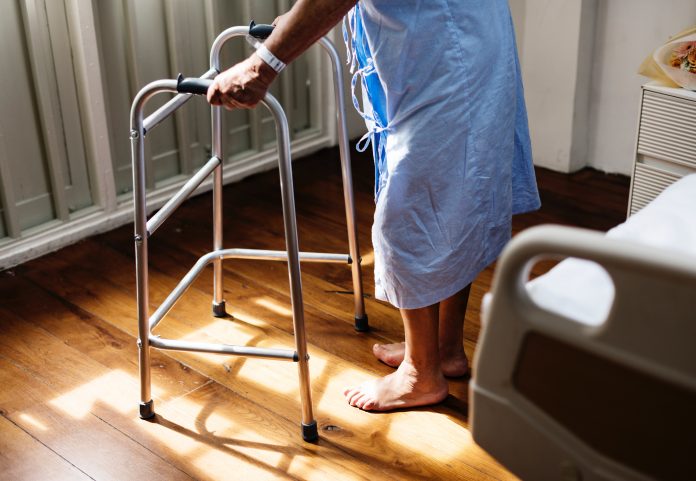When we’re young it seems that every second day we have a scraped knee or banged up wrist. After all, kids are clumsy sometimes! But kids tend to bounce back quickly. They receive an injury, cry for a while, get patched up and the next day they’re back climbing the play equipment. Even in young adulthood and middle age we can recover from injuries with relative ease and comfort. But what happens when we begin to get older? Unfortunately, as we age the way we recover from injuries changes. So, let’s take a look at what you can do if you’re older and sustain an injury.
Respite Care
If you sustain a serious injury in your old age you may need to consider respite care in NSW or elsewhere. Respite care is like aged care, but it’s not permanent. You basically come and take a break while your injury heals and you have all the benefits of permanent aged care on hand – skilled nurses, qualified aged care workers, doctors, medication, and all the other benefits. Then once you’ve recovered, you can go back to living independently.
Prevention is the Best Medicine
While it’s all well and good to give advice on how to recover from an injury, preventing them from occurring in the first place is better in the long run. You can install safety handles in places where falls and slips commonly occur – the best places are in the shower, bathroom and toilet. It also pays to prevent slips on tiles or floorboards too. You can do this by putting down anti-slip floor coverings. These can be obtained from either specialist providers or run of the mill flooring companies.
Pain Relief
Injuries can really hurt, and as you age you can become more sensitive and susceptible to pain. It’s important that you manage your pain accordingly. You should hopefully have a good General Practitioner who is able to prescribe appropriate pain relief. Even if you’re in a great deal of pain it’s important to take this medication only as prescribed to avoid dependency and negative interaction with other medications. Always consult your GP before stopping or changing a medication.
Rest and Recuperate
It’s important to take time out to get well. As we age, injuries take more time to heal. If you don’t go into respite care, you need to ensure that you have adequate time to rest and heal. This might even mean staying in bed for a few weeks which will be understandably frustrating, especially if you still have a good deal of independence. If you rush out too soon you run the risk of exacerbating your injury. Make sure to invite friends and family around to help out with the chores and keep you company while you recuperate.
Eat Well
It’s important to maintain a healthy diet while you recover as your body will require nutrients, vitamins and minerals to get better. You could consider asking a friend or family member to bring over some pre-prepared and frozen meals that can be easily defrosted so you stay well nourished while you recover.
There You Have It
Aging makes recovering from injuries a bit trickier but it’s not all bad news. Consider respite care to have a break while you get better. Be sure to take precautions around the house to prevent future injuries, and manage your pain through a GP. Take the time out to rest and restore, and ensure you maintain a healthy and balanced diet.







